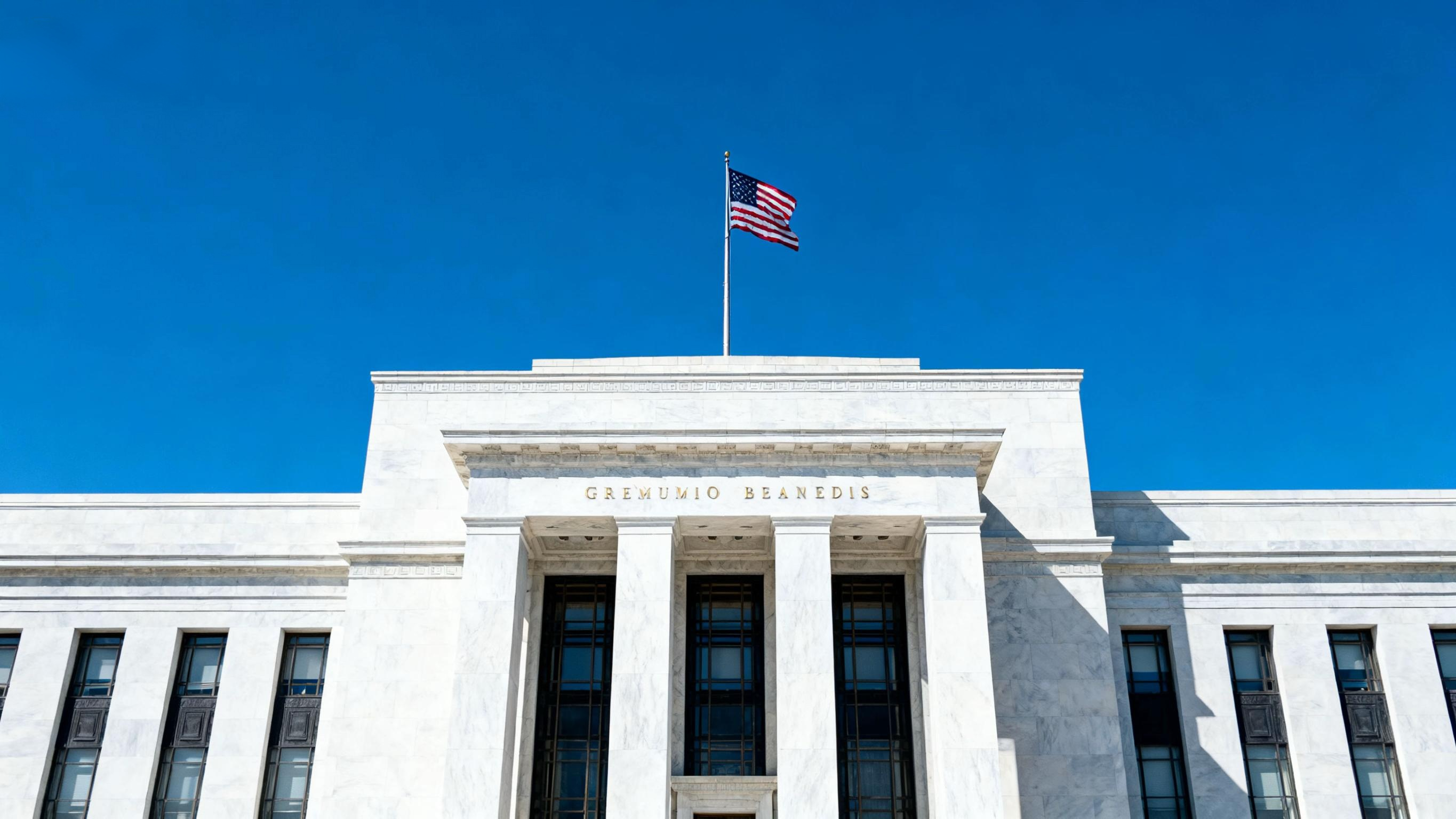
As global markets closely monitor the direction of the Federal Reserve’s policies, the succession of the Fed chair has become another high-stakes gamble. On September 12, the probability of a 25-basis-point rate cut by the Fed surged to nearly 94%, signaling not only a potential shift in monetary policy but also focusing market attention on who will succeed Powell. Prediction platform data shows that current Fed Governor Waller is leading the race with 30% odds, making him the hottest candidate for the position.
Waller’s background sets him apart from traditional Fed officials. Hailing from a small town with a population of fewer than 8,000, he spent his early years in academia, dedicating 24 years to research before joining the St. Louis Fed in 2009. In 2019, he was nominated by Trump to serve on the Board of Governors. At 61, he entered the core of decision-making without a Wall Street background or affiliation to any faction, which has instead shaped his image as “independent and pragmatic.”
Market optimism about him stems from three key factors. First, his monetary policy approach is flexible yet not extreme: he supports rate cuts amid signs of recession but remains willing to raise rates decisively during high inflation. This ideology-free attitude is a rare commodity. Second, his political positioning is clear and neutral—he is not a Trump loyalist nor rejected by the establishment, making him more acceptable in a highly polarized political environment. Third, he holds an open stance toward encryption technology, opposing central bank digital currencies (CBDCs) while supporting private stablecoins. He emphasizes “government paving the way, market driving innovation,” a stance that opens new possibilities for the digital asset industry.
Waller has also demonstrated sharp political acumen. He knows when to voice his views: ahead of FOMC meetings, he preemptively signaled his dovish stance, addressing market expectations without fully yielding to political pressure. This ability to strike a balance enhances his leadership potential in the highly politicized Fed environment.
If Waller becomes chair, the impact will be felt in three areas: For the stablecoin industry, he may promote a clearer regulatory framework; for mainstream assets like Bitcoin and Ethereum, it could mean a more lenient policy environment; and for DeFi developers, he may become a central bank leader willing to engage in dialogue, bridging the gap between regulation and innovation.
Currently, markets are already pricing in his potential appointment. Regardless of the outcome, Waller has become a focal point where monetary policy, political dynamics, and the crypto narrative converge. Whether he ultimately takes the helm of the Fed may determine the trajectory of global financial markets in the coming years.
















